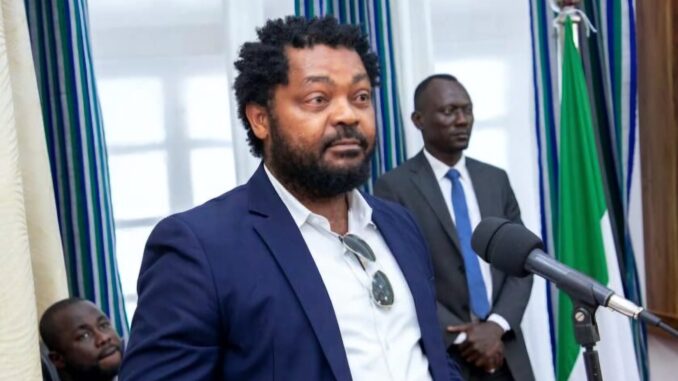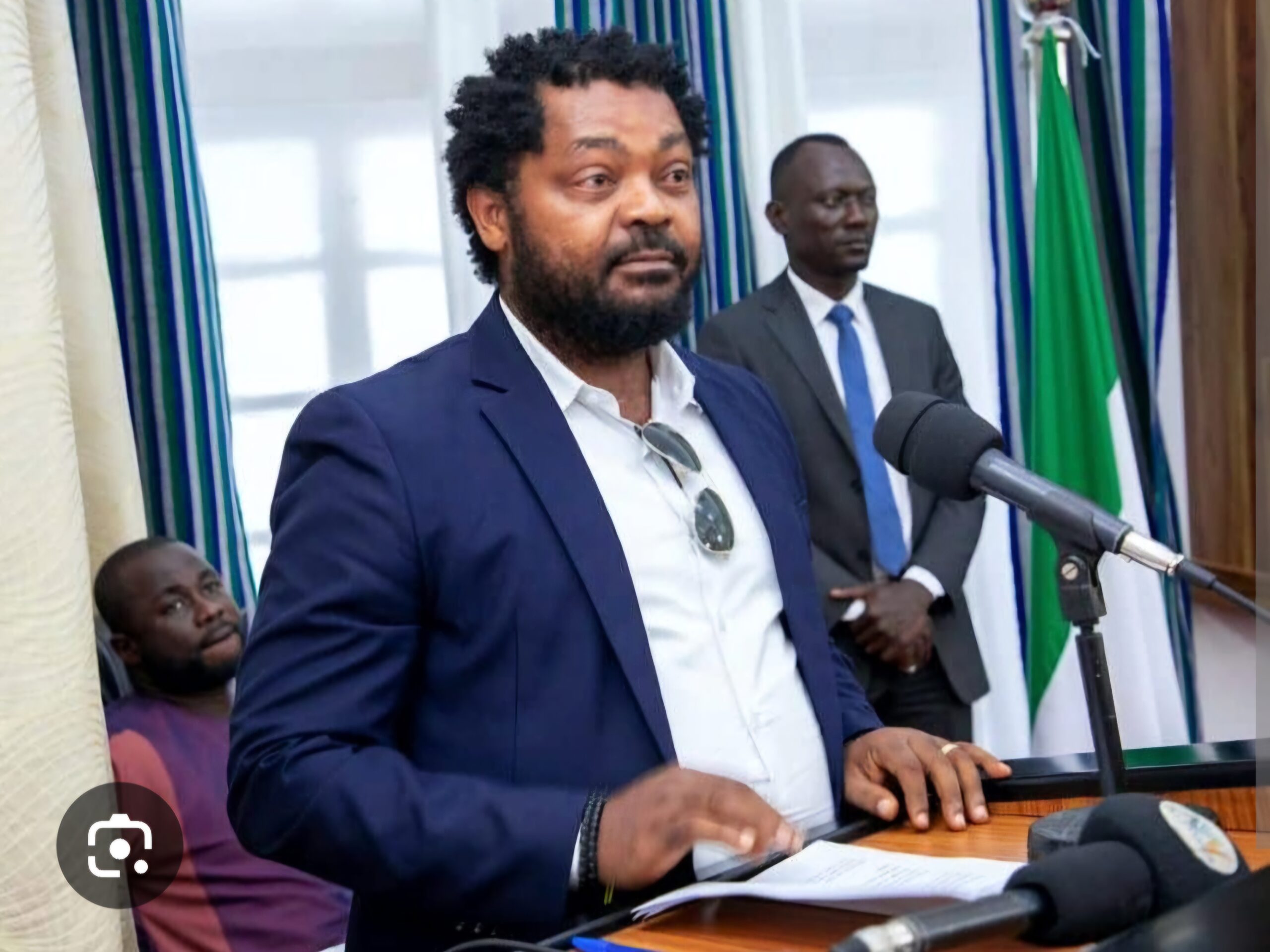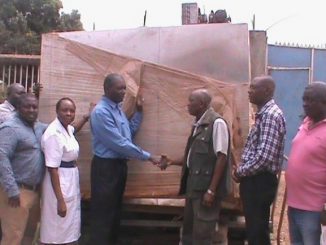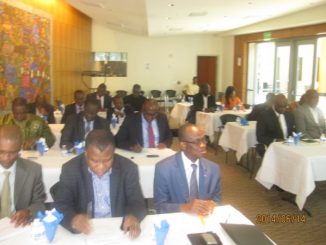
A Reaction to the SLAJ President, Ahmed Sahid Nasrallah
The media is often regarded as the fourth estate, tasked with the vital responsibility of holding leaders accountable and acting as a check on government excesses.
SLAJ PRESIDENT AHMED SAHID NASRALLA
However, under the Bio administration, the media appears to have taken a more complacent stance, seemingly romancing with the very institutions it is meant to scrutinize. How, then, can we expect the Sierra Leone Association of Journalists (SLAJ) to boldly address critical issues of national interest when it appears entangled in the same forces that undermine judicial independence?
Take the judiciary, for instance: Section 135(1) of the 1991 Constitution grants the president the power to appoint judges of the Superior Court of Judicature, which includes the Supreme Court, Court of Appeal, and High Court. While this provision is constitutional, it creates a clear dependency that threatens judicial independence.
Judges are appointed, promoted, and funded by the very government they are supposed to hold accountable. In a similar vein, the government’s allocation of 2.5 billion Leones to SLAJ raises questions about the media’s impartiality.
As the saying goes, he who pays the piper calls the tune. This reflects a dangerous personalization of power, state capture, and the gradual silencing of voices that once spoke for the voiceless.
The Anti-Corruption Commission (ACC) is another glaring example of selective accountability. Its efforts appear disproportionately aimed at opposition members, while individuals within the corridors of power who commit offenses are quickly shielded.
Allegations against those in power are often met with dismissive responses from the press secretary or the president himself, who labels such concerns as “outlandish” or “bizarre.”
This fosters a culture of impunity, denying justice to the poor and enabling corruption, human rights abuses, and mismanagement of state resources to persist unchecked. Under the Bio regime, such issues seem not only tolerated but normalized.
Parliament, too, has failed to meet expectations. Section 99(1) of the 1991 Constitution grants Members of Parliament the right to speak freely during parliamentary proceedings without fear of arrest or legal repercussions. This provision was designed to encourage open debate and hold leaders accountable. Yet, Parliament has largely fallen short, deepening public frustration and contributing to the erosion of trust in democratic institutions.
Moreover, Section 25(1) of the Constitution guarantees every citizen the right to freedom of speech. SLAJ continues to speak of advocating for its members’ welfare and freedom, but the reality paints a different picture. Journalists remain vulnerable to intimidation when they criticize the government. Despite the celebrated repeal of the Seditious Libel Law of 1965, tangible improvements are yet to be seen. Journalists still face subtle pressures, forcing many to compromise in order to survive a hostile and unforgiving media landscape.
As a nation, we now find ourselves in a state of hopelessness. Tribal favoritism, political partisanship, and misplaced priorities have pushed national interest to the sidelines. Meanwhile, ordinary Sierra Leoneans grapple with skyrocketing costs of living, unemployment, and the absence of basic social services.
If Sierra Leone is to rise above these challenges, we must return to the drawing board. A more inclusive and transparent national approach is critical—one that prioritizes the welfare of the people above party loyalty, tribal affiliations, and personal ambition. National interest must come first if we are to build a better, more just, and prosperous Sierra Leone.





Leave a Reply